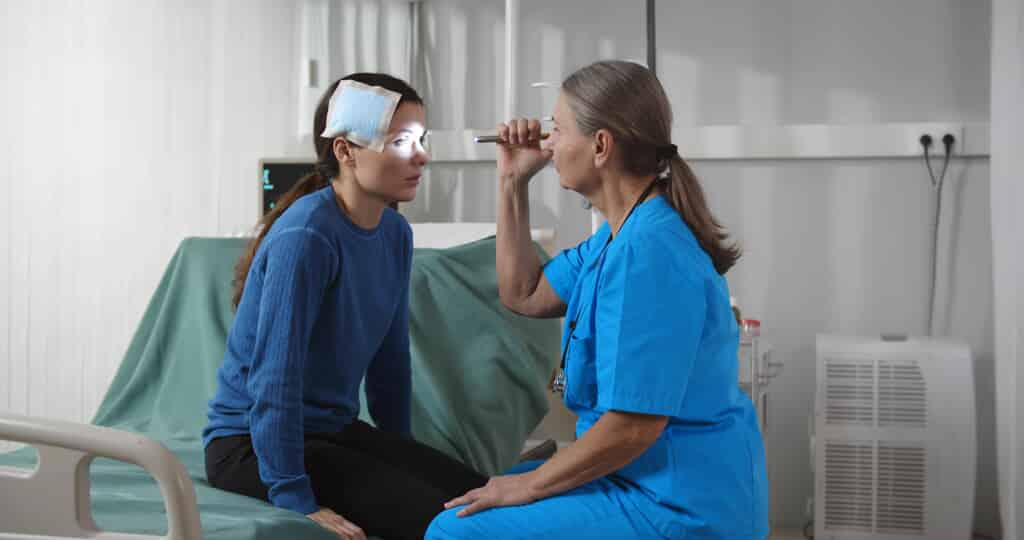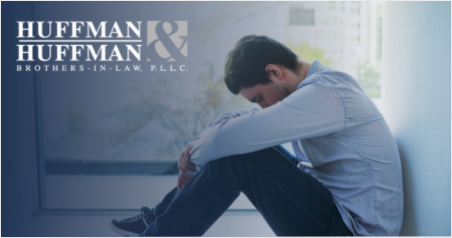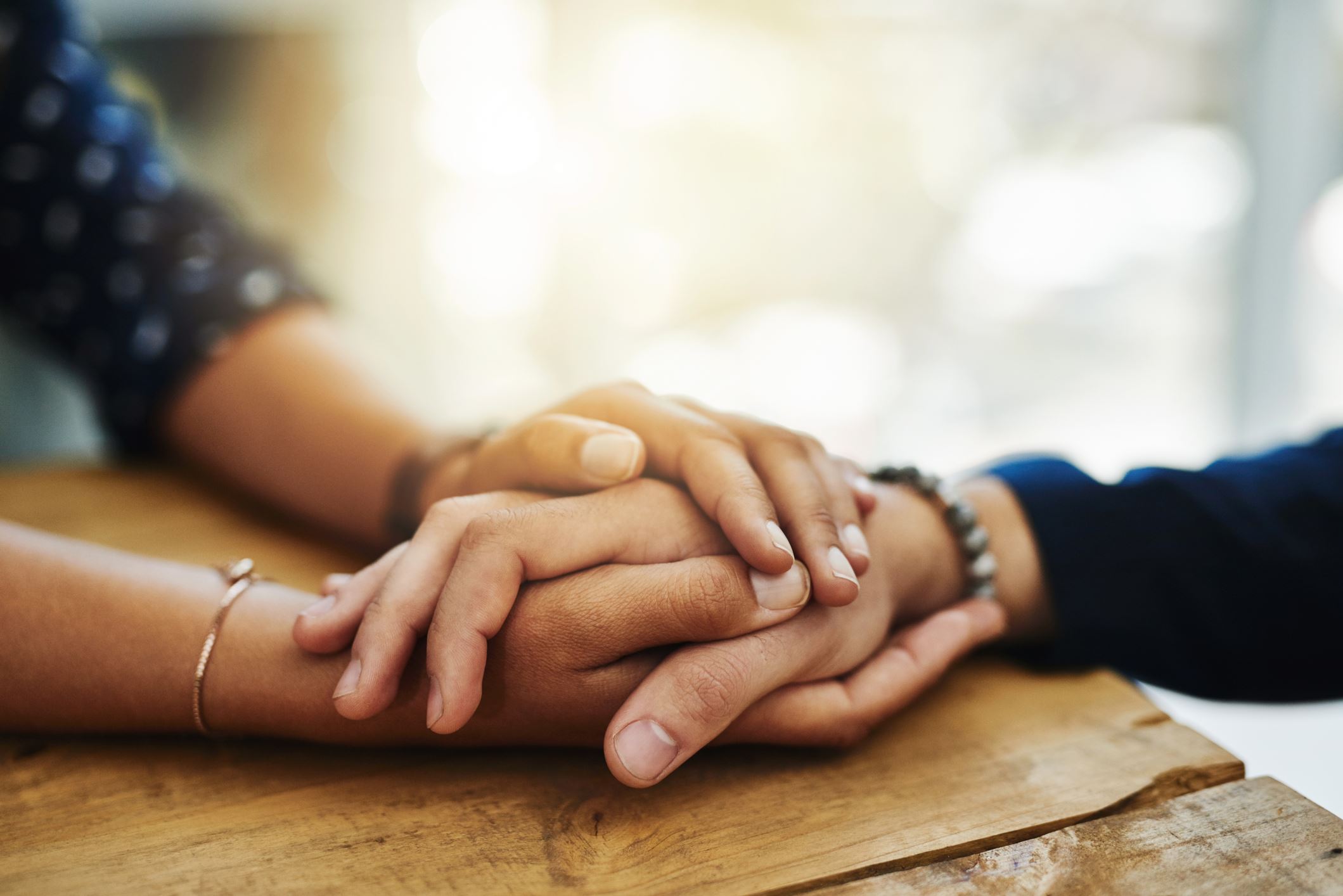
According to the Centers for Disease Control and Prevention (CDC), about 2.5 million people suffer a traumatic brain injury (TBI) every year. The brain is the most vital of our organs and is responsible for controlling our thought, vision, breathing, motor skills, memory, and every process that regulates our bodies.
Causes of TBI include falls, being struck in the head by an object, participating in sports, and auto accidents. Severe TBIs can lead to long-term physical or psychological impairments, with some resulting in a coma or even death. While brain injuries are not completely preventable, there are extra precautions you can take to minimize the chances you or a loved one will experience one.
Here are three main causes of TBI and ways to reduce the risk of brain injury:
1. Car Crashes
Motor vehicle accidents are the most common cause of TBI related injuries in young adults. In a car accident, motorcycle accident, or pedestrian accident, the severity of your injuries depends on several factors, including speed of the vehicles, road conditions, and cause of accident such as a DUI. While it’s impossible to avoid all collisions while driving, there are ways you can reduce your risk of head injuries should you be involved in a collision.
- Buckle up!
Wearing your seatbelt can not only save you from a TBI but it can save your life. Be sure that you and your passengers buckle up no matter how short the drive. It is also important to ensure that younger children are in a proper child safety seat. Children 12 and under should be properly buckled in the back seat.
- Don’t Drink and Drive
Refrain from driving if you have been drinking alcohol or using drugs and help others do the same. Drunk drivers are a big cause of car crashes and with so many ride-share options out there, they are completely preventable.
- Keep your eyes on the road
Use defensive driving techniques and avoid distractions to lessen your chances of being involved in an accident.
2. Older Adult Falls
Falls are the most common cause of TBI related injuries in adults 65 years and older. Falls can happen anywhere – in your own home, at a store, and nursing home facilities. There are several things you can do to help you or a loved one from falling and experiencing a TBI related injury.
- Have your eyes checked regularly.
- Do exercises that help with balance and strength.
- Install railings on steps/stairs and grab bars in bathrooms.
- Ensure your home is free from trip hazards such as rugs and objects on the floor.
- When shopping, be sure to be aware of your surroundings and avoid items that may have spilled causing the flooring to be slippery. Slip and falls can result in a TBI if the person’s head hits an object or surface.
- If your elderly parent or loved one lives in an assisted living facility, be sure to address concerns regarding anything that could increase the chances of a fall. Unfortunately, it’s not uncommon for falls to happen at these facilities and some falls can be prevented but still happen due to nursing home negligence.
3. Sports
Preventing TBI in sports is the most preventable of the three main causes of TBI. Not all TBIs can be prevented in sports but there are several ways that you can reduce your risk.
- Wear appropriate head protection
Make sure to wear a helmet (or put one on your child) when riding a bike, skateboarding, skiing/snowboarding, riding a scooter, or rollerblading. Many sports require head gear such as football, baseball, and hockey. It is important that the helmet fits properly and is fitted by a professional.
- Balance training and body control
Balance is a key component of reducing your chances of experiencing TBI. Exercises that increase your balance coupled with strength training can help reduce your risk of injury.
- Injury Recognition
It is important that players, coaches, and parents take precautions in situations where there is a hit to the head during a game or practice. Knowing the signs and symptoms of TBI is necessary to properly assess the situation. Consultation with a medical professional prior to continuing the sport is critical, as additional head trauma could lead to long-term, debilitating injuries.
Let Our Family Help Your Family
Traumatic Brain Injuries can be devastating, especially when a loved one is injured because of the careless acts of another person. TBI related injuries can impact one’s quality of life for years to come. If the injury was caused by someone else’s negligence, your family may be entitled to compensation for your medical expenses, loss of income, pain and suffering, and other damages.
The attorneys at Huffman & Huffman Brothers-in-Law have over 150 years of combined experience protecting the injured and demanding full compensation for our clients. If you or a loved one have suffered a TBI or any other serious injury, we are the family to call in your time of crisis. Let us handle the insurance companies while you focus on your recovery. Contact us today for a free, no-obligation consultation.
 Text Us
Text Us  Call Us
Call Us 







